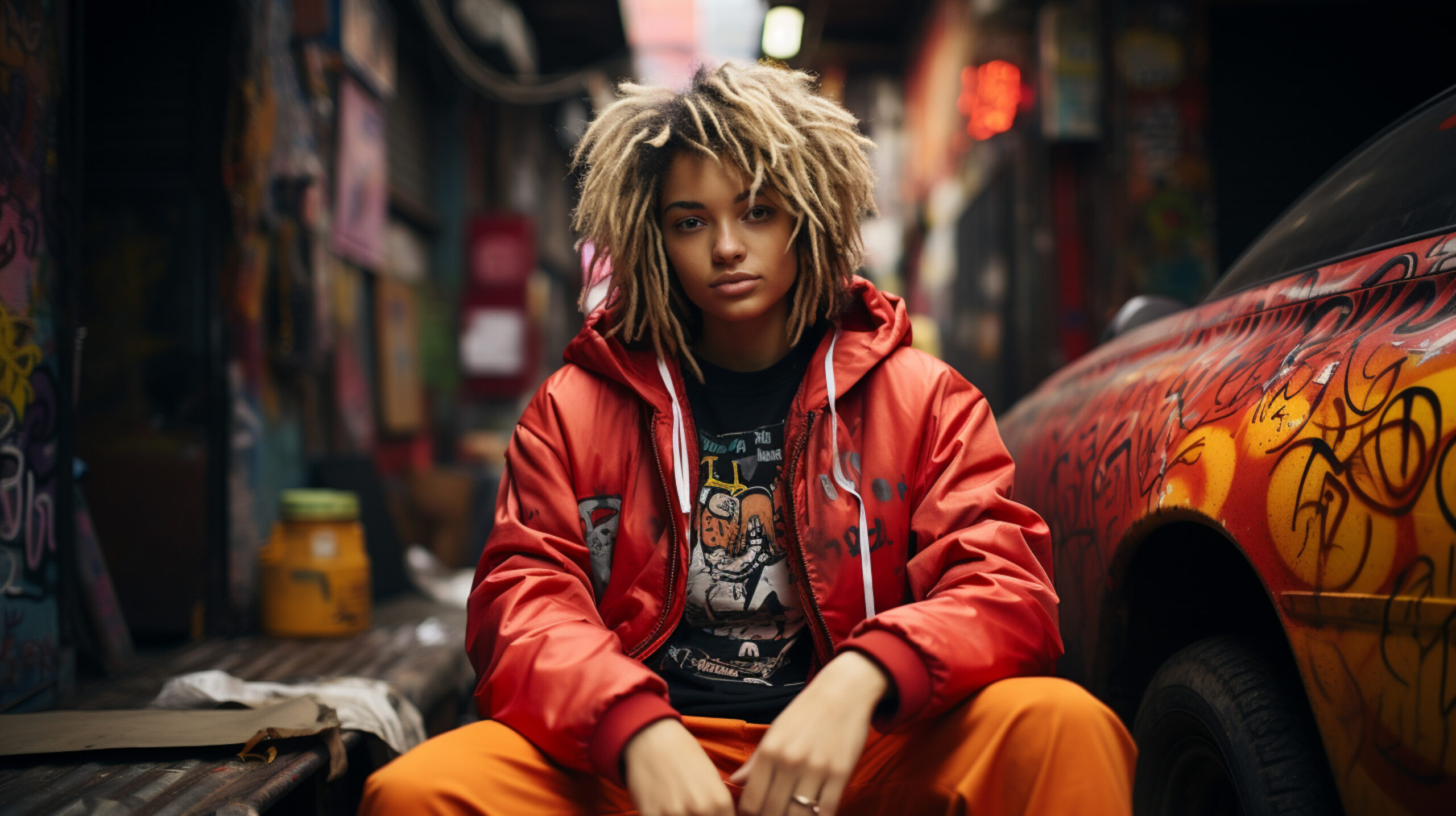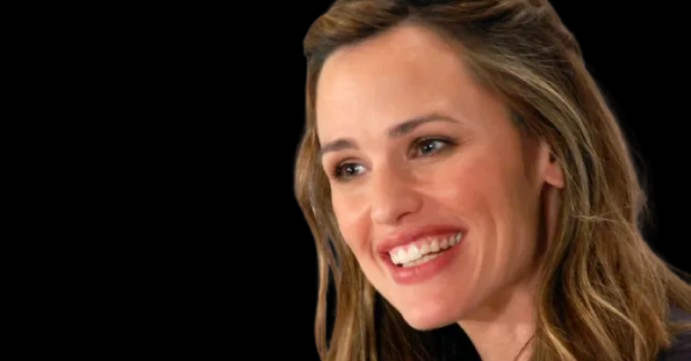Introduction
When fans think of DC Glory Griffin, many imagine a character whose mythos bridges the dark heart of Gotham’s underbelly and supernatural tragedy. In reimagining her for film or television, a DC Glory Griffin fancast presents the opportunity to blend gritty realism with emotional depth. In this piece, we explore who Glory Griffin is, what makes her compelling, and propose a dream cast that can bring her to life.
Who Is Glory Griffin (aka Mudface)?
In DC continuity, Glory Griffin is a tragic figure known as Mudface, affiliated with the Victim Syndicate. Originally a production assistant on a film set, Glory Griffin became entangled in events involving Basil Karlo (Clayface). During one of Karlo’s attacks, she was doused in transformative chemicals, granting her abilities similar to Clayface’s malleable flesh. She lacks the complete control over her powers that Clayface has, which leads to internal conflict and tragedy.
Her powers allow her to alter her shape, stretch, or contort her body, though often with grotesque and unpredictable results. Her transformation comes with a significant emotional and physical toll, making her character a blend of horror, regret, and resilience.
Why Bring Glory Griffin to the Screen?
Glory Griffin isn’t a typical superhero—her story is painful, flawed, and full of moral grey. That makes her a rare candidate in the DC roster: a character whose villainous registration is driven by trauma, not pure malice. Her blend of horror, tragedy, and tortured redemption would add nuance to any cinematic world.
Casting her also offers a visual opportunity: from human form to monstrous metamorphosis, her arc allows for striking cinematography, prosthetics, and CGI. Her alliances (as Mudface in the Victim Syndicate) and conflicts (with Batman, the criminal underworld, or supernatural forces) provide rich narrative threads.
Key Traits for an Actress in the DC Glory Griffin Fancast
To do Glory Griffin justice, the actress needs more than striking looks: she must carry psychological weight. The role demands emotional vulnerability (scenes of desperation, grief, identity crisis) and physical resilience (action, contortions, transformations). She must reflect both the woman she once was and the broken creature she becomes.
She must also sell transformation sequences convincingly—not just as spectacle, but as tragedy. An ideal performer would have experience in genre work (such as fantasy, horror, or action) and be comfortable working with heavy makeup, motion capture, or prosthetics.
Dream Casting: Who Could Play Glory Griffin?
Leading Picks
- Florence Pugh — She has demonstrated emotional range and physical commitment in genre roles; her intensity would suit Glory’s internal conflict.
- Jodie Comer — Known for playing morally complex characters, she could bring nuance to a figure straddling human fragility and monstrous power.
- Anya Taylor-Joy — With her ethereal presence and strong acting chops, she might bring a haunting dimension to Glory’s transformation.
- Kaya Scodelario — Having done action and dramatic work, she could tread the line between human and monstrous believably.
Intriguing Alternatives
- Jessica Henwick — A strong physical actress with franchise experience; she could handle fight choreography and emotional stakes.
- Karen Gillan — She brings presence, and her genre work may translate well into a tortured hero/villain hybrid.
Supporting Roles & Villains in the Fancast
Nemesis: Basil Karlo / Clayface
Glory’s origin is tightly tied to Basil Karlo, so his casting is critical. An actor who can shift between charm and menace is ideal—someone who can deliver both gravitas and threat.
Allies & Foils
- A commissioner or detective who empathises with Glory’s pain—someone with strength and moral grounding.
- A younger tech ally who tries to reach the human side of Glory—an actor capable of sincerity and emotional vulnerability.
Family or Tragic Figures
If flashbacks or familial loss are used in the narrative, grounded supporting actors who bring emotional stakes would enhance her human origins and deepen audience empathy.
Visual Tone & Creative Direction
In a DC Glory Griffin fancast scenario, the tone should strike a balance between horror, detective noir, and supernatural dread. The story might start grounded—in Gotham’s dark streets, investigative threads, criminal underbellies—and gradually evolve into uncanny horror as Glory’s mutation intensifies.
Visuals should emphasise organic grotesqueness (mud, flesh, ooze) but also moments of fragile beauty (when her human memories peek through). Costuming should evolve: the early wardrobe is usual, but as she transforms, the clothing becomes tattered, warped, and merged with her flesh.
The narrative should let her moments of regret, resistance, and transformation be the emotional centre—not just action. If the adaptation leans darker, it can explore themes of identity, control, loss, and redemption.
Challenges, Risks & Overcoming Them
- Balancing creature effects with emotional depth: Too much monster and not enough human, and the story dehumanises her. The effects must support emotional beats.
- Audience recognition: Glory Griffin is less well-known than major DC heroes. Marketing should emphasise her tragic arc and ties to the broader DC universe.
- Budget pressures: Transformations and creature effects cost heavily. A limited series could allow longer build and better visual execution.
- Tone consistency: The story could veer too far into horror or melodrama. The script must keep her humanity at the centre so that the audience can empathise with her journey.
Why This Fancast Matters for DC Fans
A thoughtful DC Glory Gryphon fan cast offers fresh narrative terrain among capes and superpowers. She is not invulnerable or morally pure; she is torn, broken, and searching—which makes her all the more uniquely compelling.
Her journey could expand the DC universe’s emotional and tonal range, opening space for horror, identity crises, and redemption arcs. For fans, seeing her cast well could make her not just a villain or antihero, but a tragic protagonist worthy of rooting for.
Closing Thoughts
DC Glory Griffin Fancast: The Ultimate Dream Cast Bringing the Iconic Heroine to Life is more than speculative fun—it’s a creative guideline. By pairing the right actor with an ambitious vision and grounded emotional storytelling, Glory Griffin can transform from a comic book footnote into a haunting, unforgettable figure.
In film or streaming form, the right casting—portraying her grief, power, and fractured humanity—can carve new paths in a universe too often defined by black-and-white morality. In her disintegration, Glory can become more unforgettable than ever.




